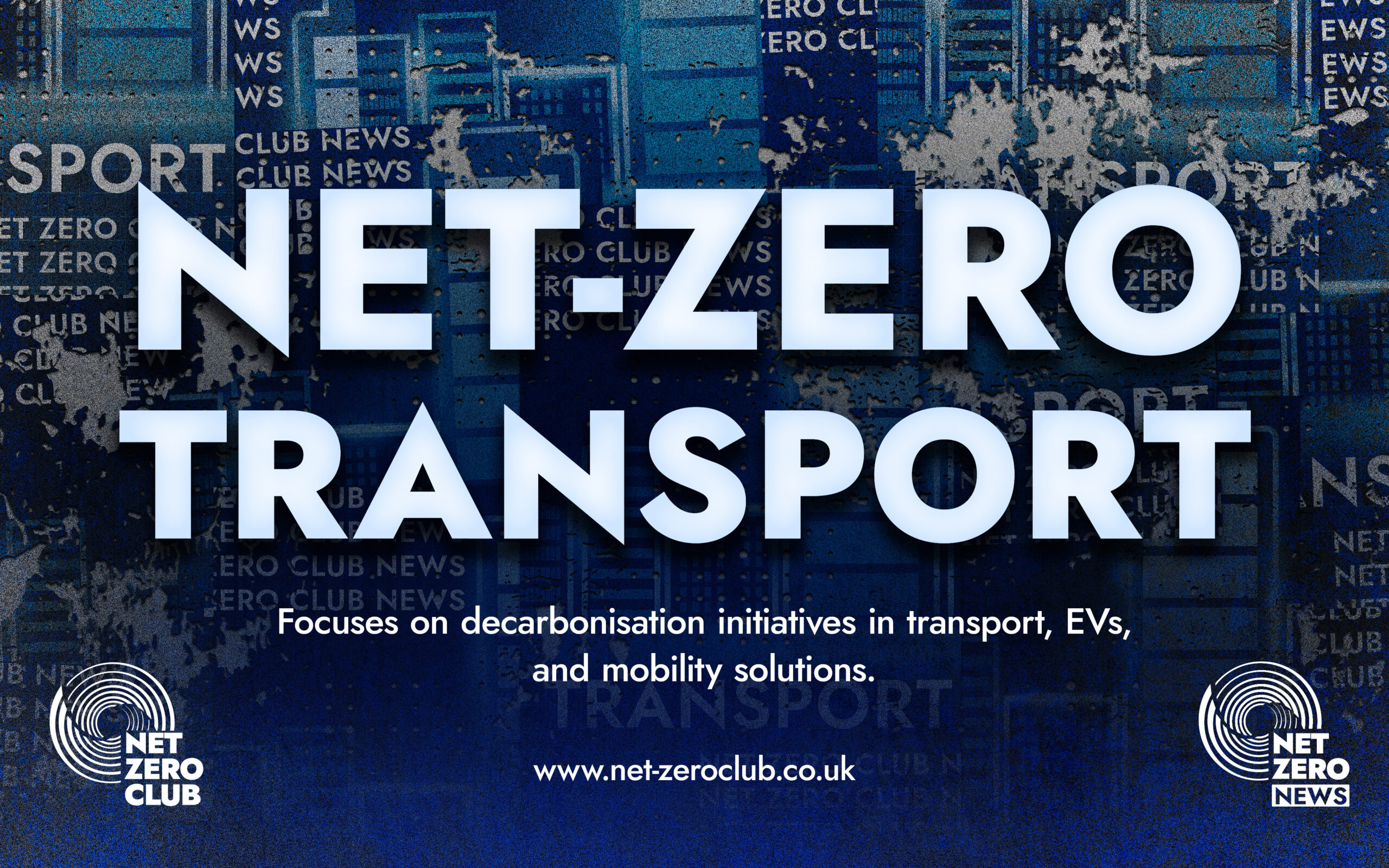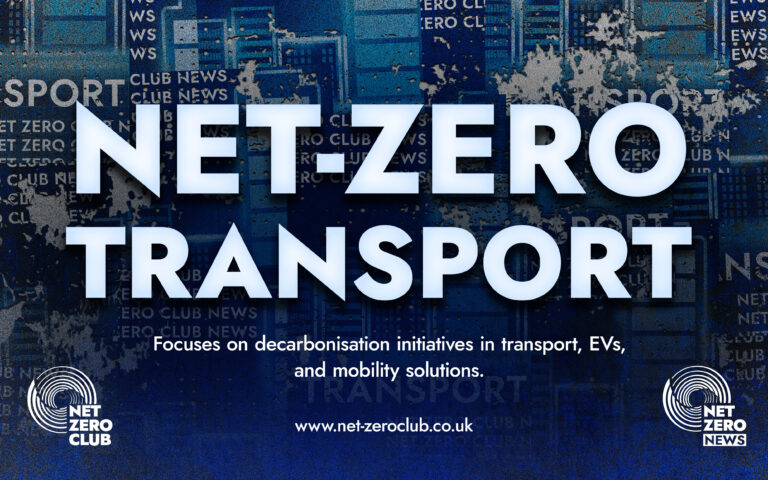Fleet Alliance Sees Electric Cars Surge to 81% Market Share

Welcome, Net Zero News readers,
In a remarkable turn of events for the automotive industry, electric vehicles (EVs) and hybrids have surged to claim a staggering 81% market share in the first half of 2025 at Fleet Alliance. This impressive statistic signifies a substantial shift as more businesses pivot towards electric power, aligning with global sustainability goals.
Within this burgeoning market, battery electric vehicles (BEVs) alone accounted for 45% of new vehicle orders during the first six months of the year, while hybrids made up an impressive 36%. These figures represent the highest market shares recorded for both vehicle types to date, and the trend doesn’t seem to be slowing. In fact, the current order pipeline indicates an even more significant combined figure of 83% for electric and hybrid vehicles.
For business customers of Fleet Alliance, contract hire remains the most favoured funding method for electric cars, with an impressive 70% of all BEVs being funded through this avenue. Meanwhile, salary sacrifice schemes are also gaining traction, accounting for 29% of all BEVs ordered in the last six months. In contrast, personal contract hire has only contributed to a modest 1% of orders, highlighting a clear preference among businesses for more structured funding options.
These results not only reflect the growing momentum within Fleet Alliance but also outstrip national statistics. According to the Society of Motor Manufacturers and Traders (SMMT), a total of 276,635 BEVs were sold in the UK during the first eight months of 2025, marking a remarkable 29.5% increase compared to the same period last year. This surge has resulted in BEVs capturing a notable 21.9% of the overall market share, while sales of plug-in hybrid electric vehicles (PHEVs) have also risen by 33.7%, totalling 134,331 units and representing a 10.6% share.
Fleet Alliance CEO, Andy Bruce, expressed his enthusiasm regarding these figures, stating, “We are actually outpacing national trends, as we continue to see record orders of BEVs and hybrids.” He further explained that as companies strive to enhance their Environmental, Social, and Governance (ESG) agendas, the electrification movement is gaining momentum. This is bolstered by attractive tax breaks, including a current company car tax rate of just 5% until 2027/28, providing significant financial incentives for potential company car buyers while offering clarity on future tax levels.
Delving deeper into the specifics of the market, the league table for the most popular BEVs reveals that Polestar is making impressive strides, challenging the dominance previously held by Tesla. The Polestar 4, an electric coupé launched just a year ago, has secured second place in the half-yearly rankings, while its counterpart, the Polestar 2, also made an appearance in the top ten, claiming the eighth spot.
While the Tesla Model Y retains its position at the top of the list, the Model 3 follows closely in third place. However, it is worth noting that Tesla has faced declining sales across Europe, alongside criticisms regarding its approach towards fleet operators in the UK. The top 10 battery electric vehicles for January to June 2025 are as follows:
- Tesla Model Y
- Polestar 4
- Tesla Model 3
- BMW i4
- Volkswagen ID.7
- BYD Seal
- Mercedes EQ
- Polestar 2
- Porsche Macan
- Mercedes EQB
In a notable development, the Chinese automotive manufacturer BYD has made its debut in the UK market, securing sixth place with the BYD Seal, which boasts an impressive claimed range of 354 miles. Having established a stronghold in China, BYD is rapidly gaining traction in global markets, with a notable 3,184 units sold in July alone, translating to a 2.27% market share according to SMMT data.
Hybrids, both plug-in and self-charging, continue to feature prominently among the most popular vehicles chosen by Fleet Alliance customers. The Volkswagen Tiguan eHybrid has emerged as the top-selling hybrid. This plug-in hybrid variant of the Tiguan SUV combines a 1.5-litre TSI petrol engine with an electric motor and a 19.7kWh battery, delivering a combined output ranging from 204hp to an impressive 272hp. With an all-electric range of up to 77 miles, the Tiguan eHybrid is an appealing choice for eco-conscious consumers.
The top ten hybrids for January to June 2025 are as follows:
- Volkswagen Tiguan
- BMW 3-Series
- Volvo XC90
- Cupra Formentor
- Hyundai Tucson
- Kia Sportage
- Volvo XC60
- Renault Symbioz
- Toyota Corolla
- Mercedes GLC
The increasing variety of electric vehicles available on the market has been a crucial factor in the rise of environmentally friendly motoring, according to Andy Bruce. “As you can see from our top 10 sales charts, there are now electric cars and hybrids to meet all tastes and budgets,” he remarked.
Moreover, the recently announced Electric Car Grant (ECG), offering grants ranging from £1,500 to £3,750 off the initial cost of any new electric vehicle priced up to £37,000, is expected to further stimulate interest in BEVs within the business sector. Bruce believes this initiative will enhance the popularity of BEVs even more, saying, “Given the wide choice available, we believe there has never been a better time for organisations to offer their staff the opportunity to take advantage of the benefits that exist on electric cars, whether through business contract hire or salary sacrifice. Our forward order banks clearly prove that this is the case.”
In conclusion, the impressive growth of electric vehicles and hybrids within the Fleet Alliance is indicative of a broader shift towards sustainable transportation across the UK. With favourable funding options, attractive tax incentives, and a growing selection of vehicles, businesses are increasingly recognising the advantages of electrification. As we move forward, it is clear that the momentum behind electric mobility is not just a fleeting trend but a transformative movement paving the way for a greener and more sustainable future.

 Got net-zero news, project updates, or product launches to share?
Got net-zero news, project updates, or product launches to share? 

